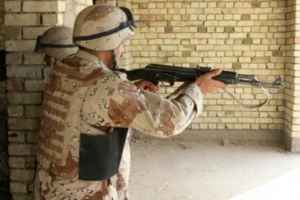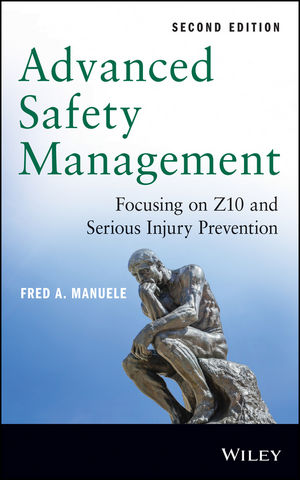 After a decade of war, America is well schooled on post-traumatic stress, lost limbs and traumatic brain injury, but the most common injury sustained by U.S. troops is literally a silent wound: hearing loss, according to NBC News.
After a decade of war, America is well schooled on post-traumatic stress, lost limbs and traumatic brain injury, but the most common injury sustained by U.S. troops is literally a silent wound: hearing loss, according to NBC News.
Mark Brogan, a retired Army captain, can speak quite personally about almost all of those examples of combat carnage – he suffered a brain injury, a spinal injury and a nearly severed right arm when a suicide bomber on foot detonated his weapon near Brogan six year ago in Iraq.
What does Brogan, 32, consider the worst of the physical trauma?
“Hearing loss and the brain injury,” he said from his home in Knoxville, Tenn.
He has “profound unusable hearing” in his right ear and severe hearing loss in his left, he said, along with constant ringing, or tinnitus, in his ears.
After the insurgent's bomb killed a soldier just behind Brogan – along with the person who was wearing the device – other U.S. troops quickly rushed Brogan's side and saw blood streaming from both ears, he said.
“You’ve been to a concert – you know how your ears are ringing afterward? It’s just like that my entire life,” Brogan said. “A lot of guys get home and they probably don’t even think about getting their hearing checked.
According the Department of Veterans Affairs, the most prevalent service-connected disabilities for veterans receiving federal compensation in 2011 were tinnitus and hearing loss, respectively, followed by PTSD.
"I suspect today’s generation of veterans – those who have been in a combat environment – probably have a higher severity of hearing loss (than past generations), especially with the explosions and the IEDs and the ruptured ear drums they’ve sustained,” said Brett Buchanan, a VA-accredited claims agent with Allsup, a national provider of services with disabilities.
By Bill Briggs, NBC News contributor




